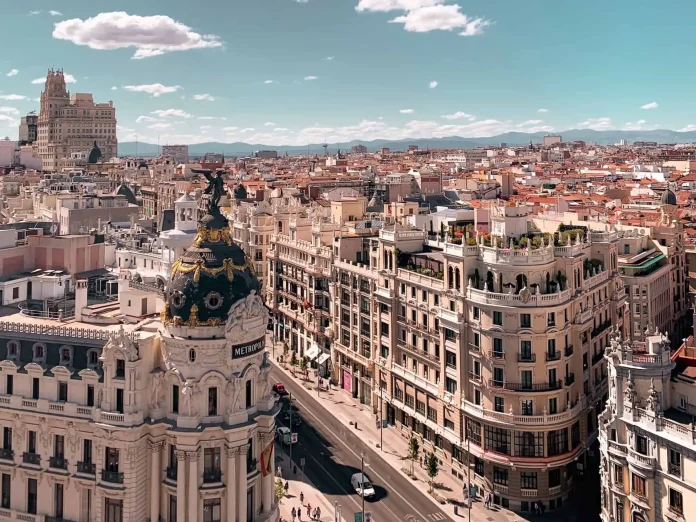Two million Muslim tourists visit Spain annually, with most travelling to the southern region of Andalusia, home to Islamic-era relics, such as the Alhambra Palace, Cordoba Mosque-Cathedral, Alcazar Palace, and Medina Azahara, Anadolu Ajansı informs.
Madrid is important in Islamic history, both in name and historical significance, despite its ancient Roman origins. Daniel Gil-Benumeya Flores, a professor of Arab and Islamic studies at Madrid’s Complutense University, stated that Islamic Madrid originated in the mid-eighth century, about 150 years after the founding of Al-Andalus.
“Madrid was part of Al-Andalus, the Muslim territory of the Iberian Peninsula, for 250 years. Even after being conquered by Christians, it still had a Muslim minority for another 500 years. So there’s a historical Islamic presence in Madrid spanning approximately 700 years.”
Flores claimed that the importance of Madrid “mainly stemmed from being a frontier city, thus in a territory where there were frequent wars, frequent battles, especially between Al-Andalus troops and troops from the northern Christian kingdoms.”
But administratively, Madrid belonged to Toledo. It was a city within the region or district of Toledo.
The academic stated that the modern name Madrid originated from the Arabic word “Magrit” in the Al-Andulus era. It was derived from the Latin “matrice” and the Arabic “magrit,” which meant a place where abundant springs of water converged.
“There are very few remains from Muslim Madrid, and the responsibility for that lies in Madrid being the capital (…) It felt odd, uncomfortable, that the capital of such a large empire with such symbolic value had an Islamic origin. Therefore, during the 16th and 17th centuries, practically all of medieval Madrid was destroyed.”
Flores added that while excavations in Madrid were necessary, there was no systematic effort to do so. Construction of the walls of Madrid began at the end of the eighth century, with additions made in the 10th century during attacks by the Kingdom of Asturias.
There are places where remains of walls have been found, remains of water conduits. In the cemetery, for example, graves have been found in two or three points, but of course, the total extent of the cemetery is unknown.
The Spanish scholar also criticised that the current approach to urban planning did not allocate funds for archaeological excavations.
“The fact that Madrid has an Islamic origin-in fact, it is the only current European capital that has an Islamic origin-is still a bit politically uncomfortable in some sectors.”
There are currently over 2.4 million Muslims in Spain, of which about 300,000 live in Madrid.
